I have a herb problem, and I am not afraid to admit it. In his memoir, “Kitchen Confidential,” the late chef Tony Bourdain explained why restaurant food tastes better than home cooked food. His explanation, the ingredients: homemade stocks, butter, shallots, and fresh herbs. Tony Bourdain was not wrong. While shallots are a staple ingredient in many commercial kitchens, the bin gets passed over at the grocery store in favor of bulb onions. And most home cooks rely on dried herbs simply because of price and convenience. A jar of dried herbs is shelf stable and lasts indefinitely – fresh herbs are expensive, come in packages that are larger than what most recipes call for, and frequently wilt well before you use them up. Just last night I threw out a package of fresh thyme that was well-wilted.
My herb problem is not going away, but there is a solution: a small kitchen herb garden. Herbs are easy to grow, easy to maintain, and home-growing your herbs will save you money, make your food taste better, and will cut down on needless food waste. Plus, there is something just so lovely about walking into your yard, onto your patio, or just over to the window to clip a few sprigs of thyme for potato salad, a few stems of mint for a mojito, or a stalk of basil to complete a caprese salad.
Speaking of basil–there is a ton of it being harvested at the Desert Farming Initiative based at the University of Nevada, Reno. The last two weeks we have shared over 20 pounds of basil with our friends at the Pennington Life Center and the Senior Center at the Fallon Paiute Shoshone tribe, and there is more coming. So, I thought this week, we would talk a bit about ways to use basil–not just to enjoy freshly harvested, but also to preserve so you can continue to delight in the last flavors of summer long into the cooler part of the year.
A couple of interesting facts about basil…
- Basil is native to tropical Asia and is related to mint.
- Basil is considered to be “the King of the herbs” perhaps related to the Greek word for king “basileus.” In France, basil is referred to as l’herbe royale.
- Basil contains high levels of antioxidants and is an ingredient in many medicinal teas
- It’s delicious!
It’s not really necessary to know a whole lot of recipes that involve basil. Fresh herbs add value when you use them to finish a dish (cooking tends to reduce the flavor burst). But it is helpful to have an understanding of what other flavors are a good partner for basil. So here are some ideas of flavor pairings that will jump off your plate and kick you in the mouth (in a good way).
- Summer tomatoes, olive oil, mozzarella or burrata, balsamic vinegar, and basil
- Bell peppers, tomato, feta cheese, olive oil, and basil
- Spanish ham or prosciutto, cantaloupe, figs, and basil
- Watermelon, feta, black pepper, and basil
- Summer squash, lemon, crushed red pepper, and basil
The one essential recipe to know when it comes to basil is pesto. Pesto is an effective way of using the end of summer bumper of basil that happens as we approach the first freeze (basil is not particularly cold tolerant, so outdoor plants should be fully picked before cold weather sets in).
Pesto
INGREDIENTS:
2 cloves of garlic (or more as your taste dictates)
2 T pine nuts
1 bunch of basil - leaves only, washed with water still clinging to the leaves
Sea salt - as needed
3 T grated Parmigiano Reggiano
2 T grated Pecorino Romano
¾ c extra virgin olive oil
DIRECTIONS:
***note: the best pesto is pounded with a mortar and pestle - but you can also make pesto in a food processor***
- Using a mortar and pestle, pound the garlic into a paste. Add pine nuts and continue to crush, smashing and grinding until a sticky, slightly chunky beige paste forms.
- Add the basil leaves, a handful at a time and grind against the walls of the mortar. Add a pinch of salt with each handful to help grind. Continue until all basil leaves have been crushed to fine bits.
- Add both cheeses, then drizzle in the olive oil, slowly working it into the pesto until you have formed a fairly smooth, creamy, emulsion.
- Serve with pasta right away or transfer to a jar covered with a small layer of olive oil and refrigerate until you are ready to use.
Pro-tip: you can portion your pesto in an ice cube tray and freeze in blocks to use throughout the winter.

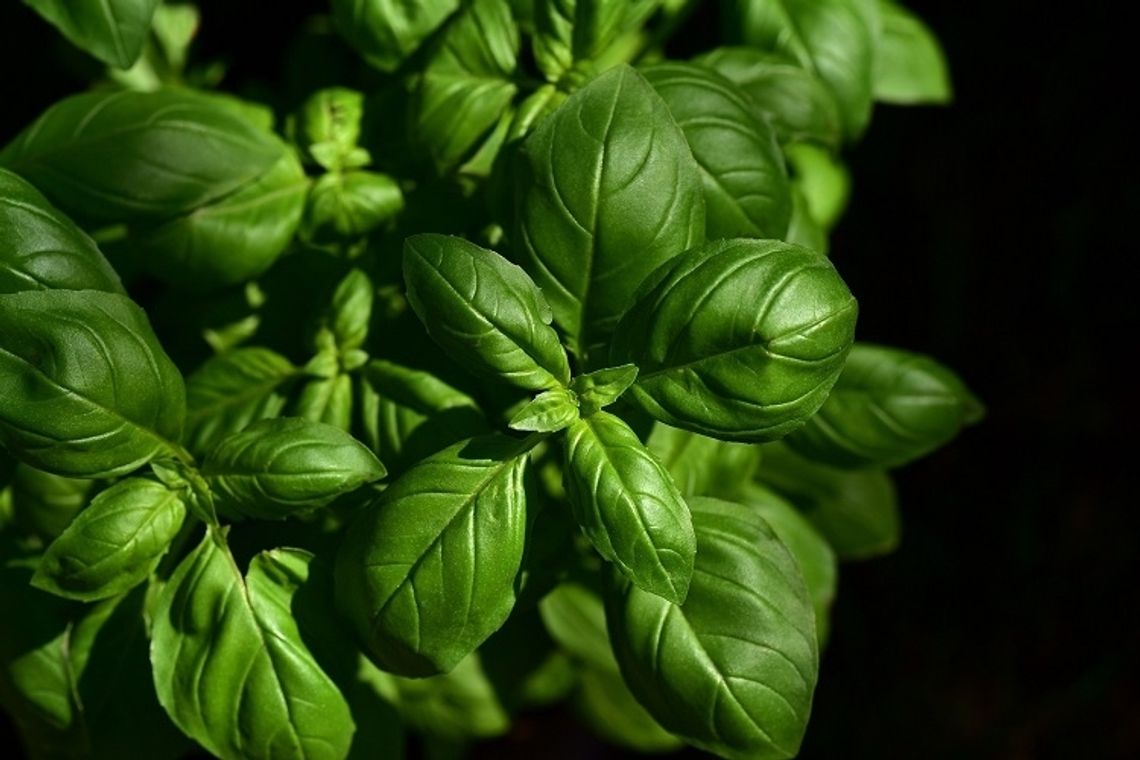
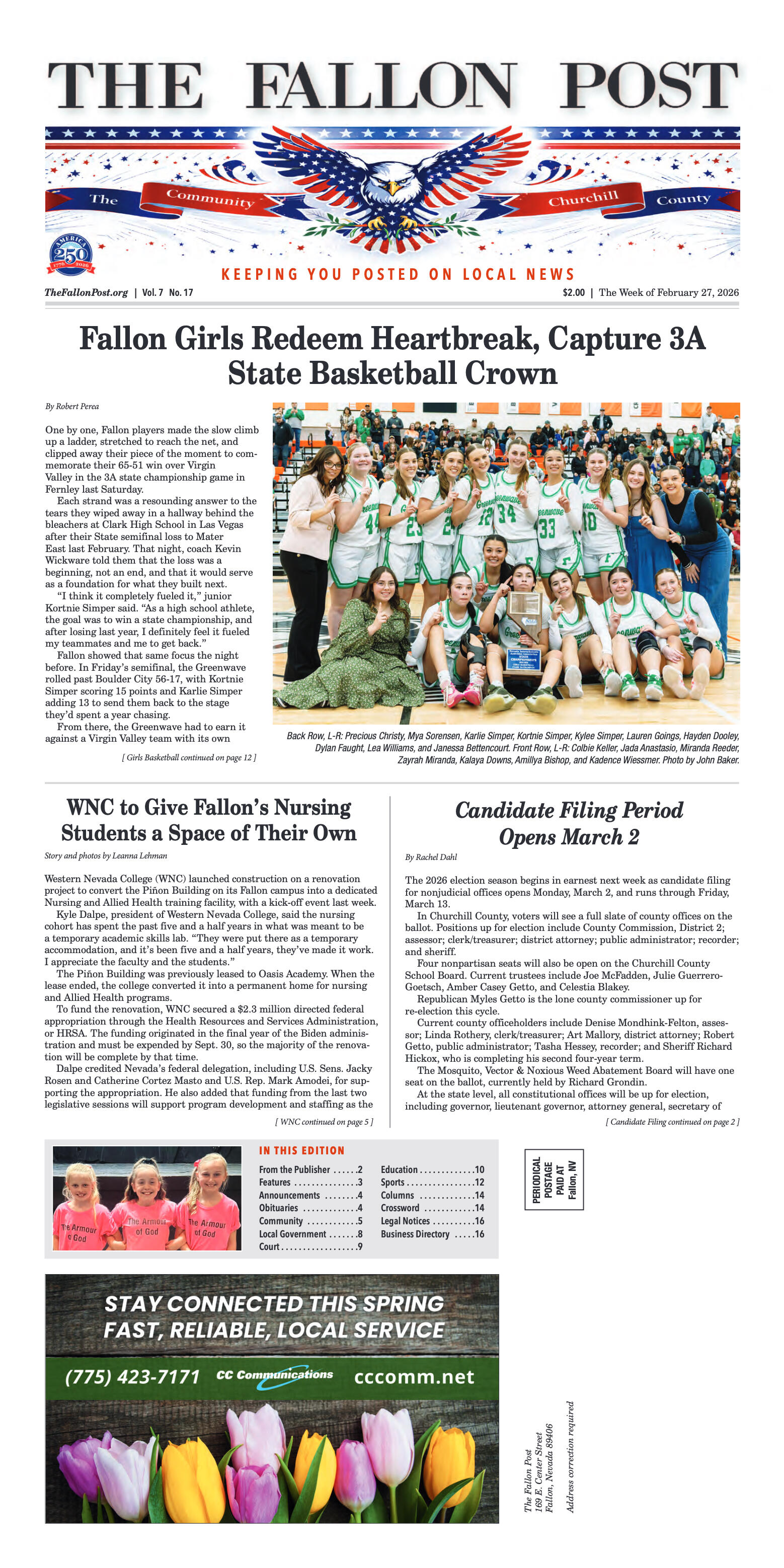
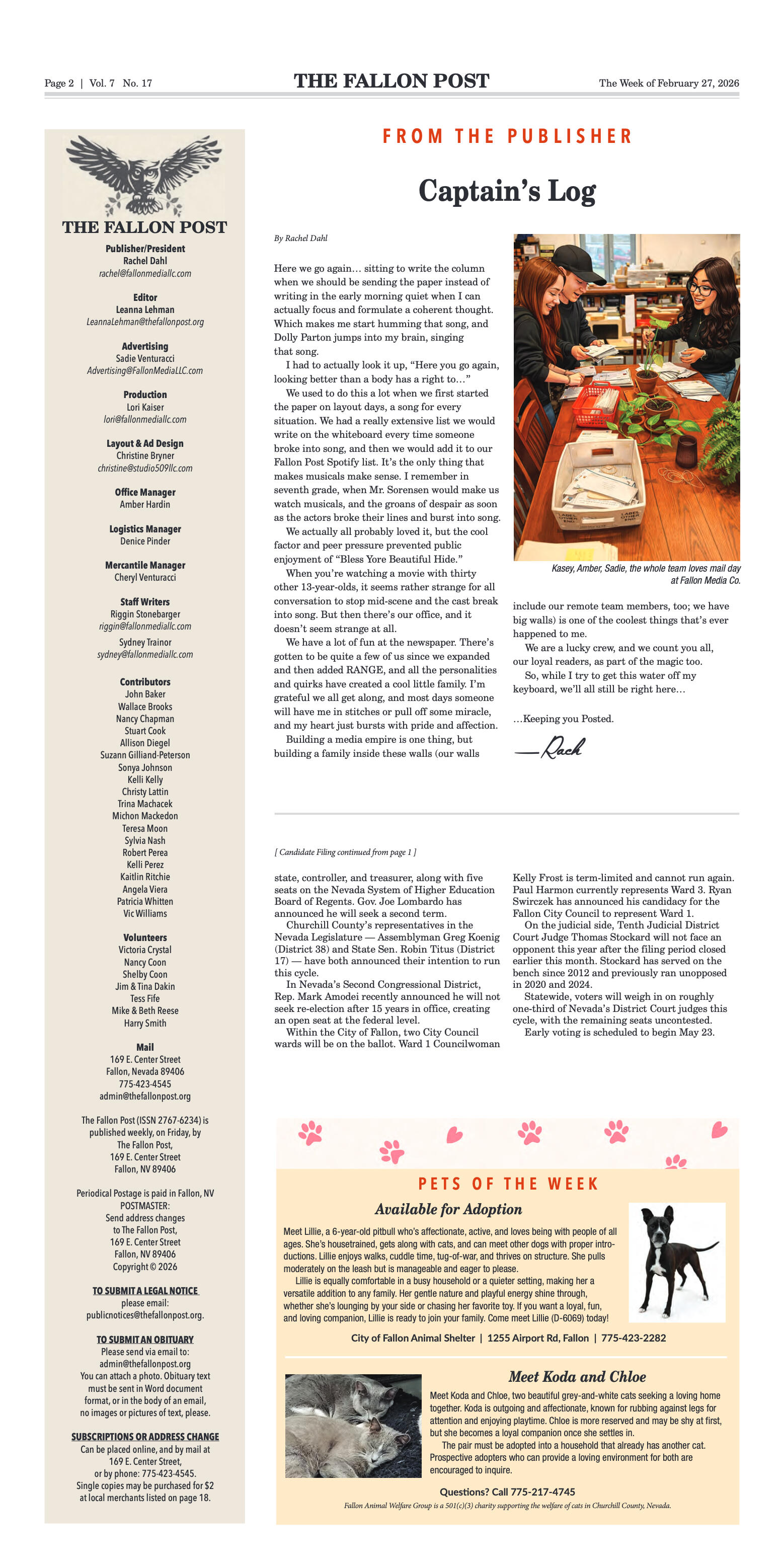
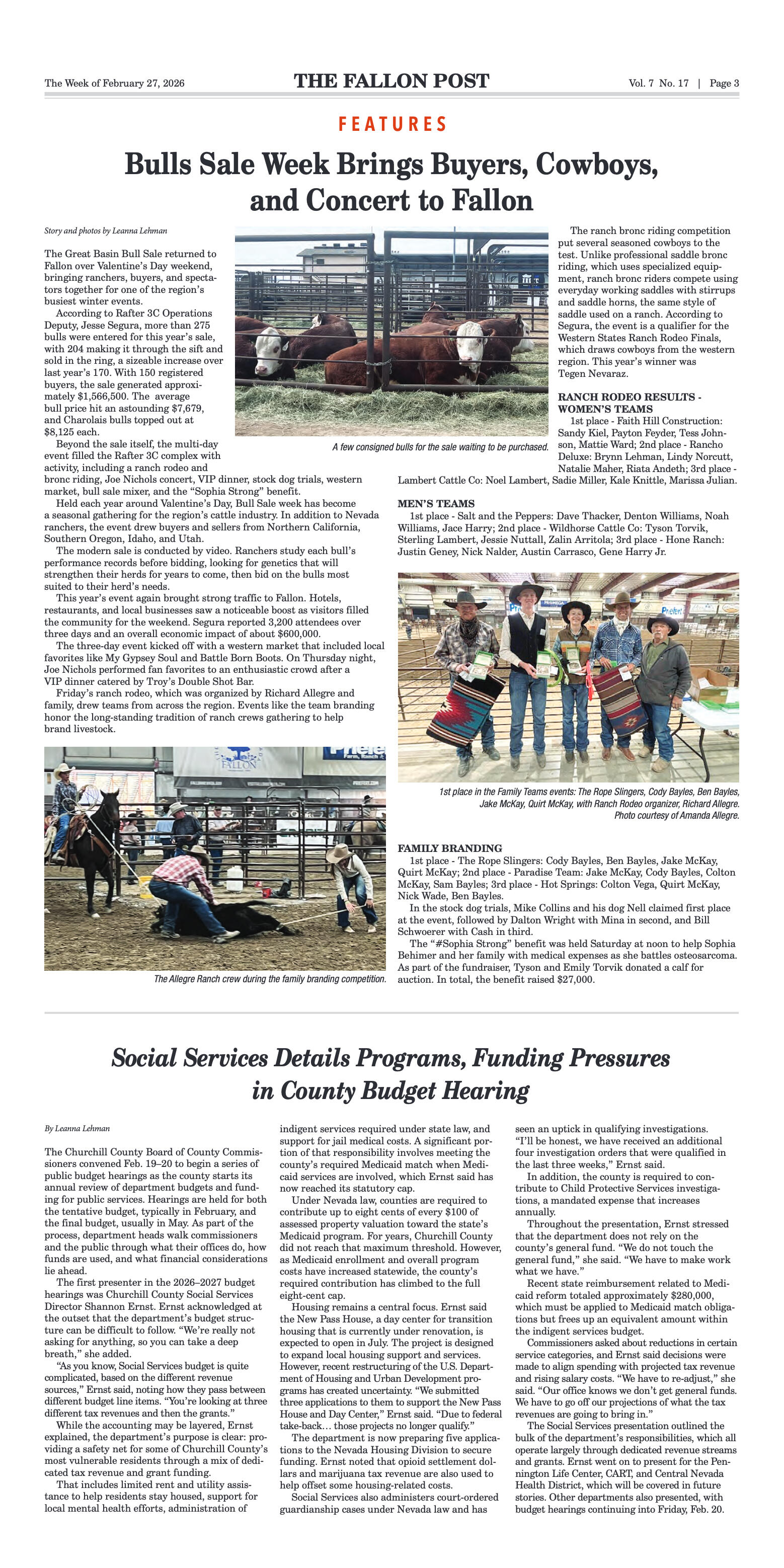
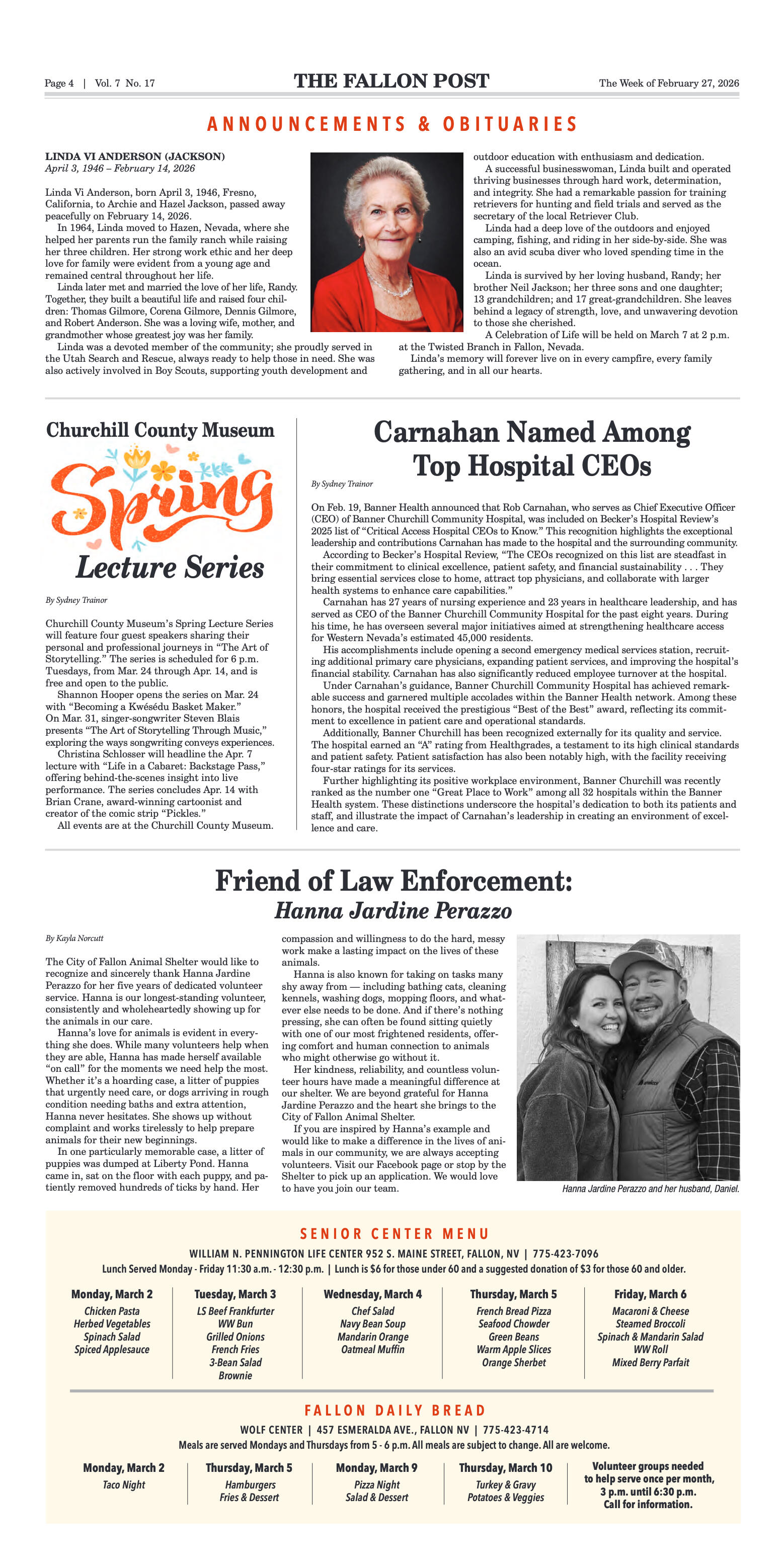
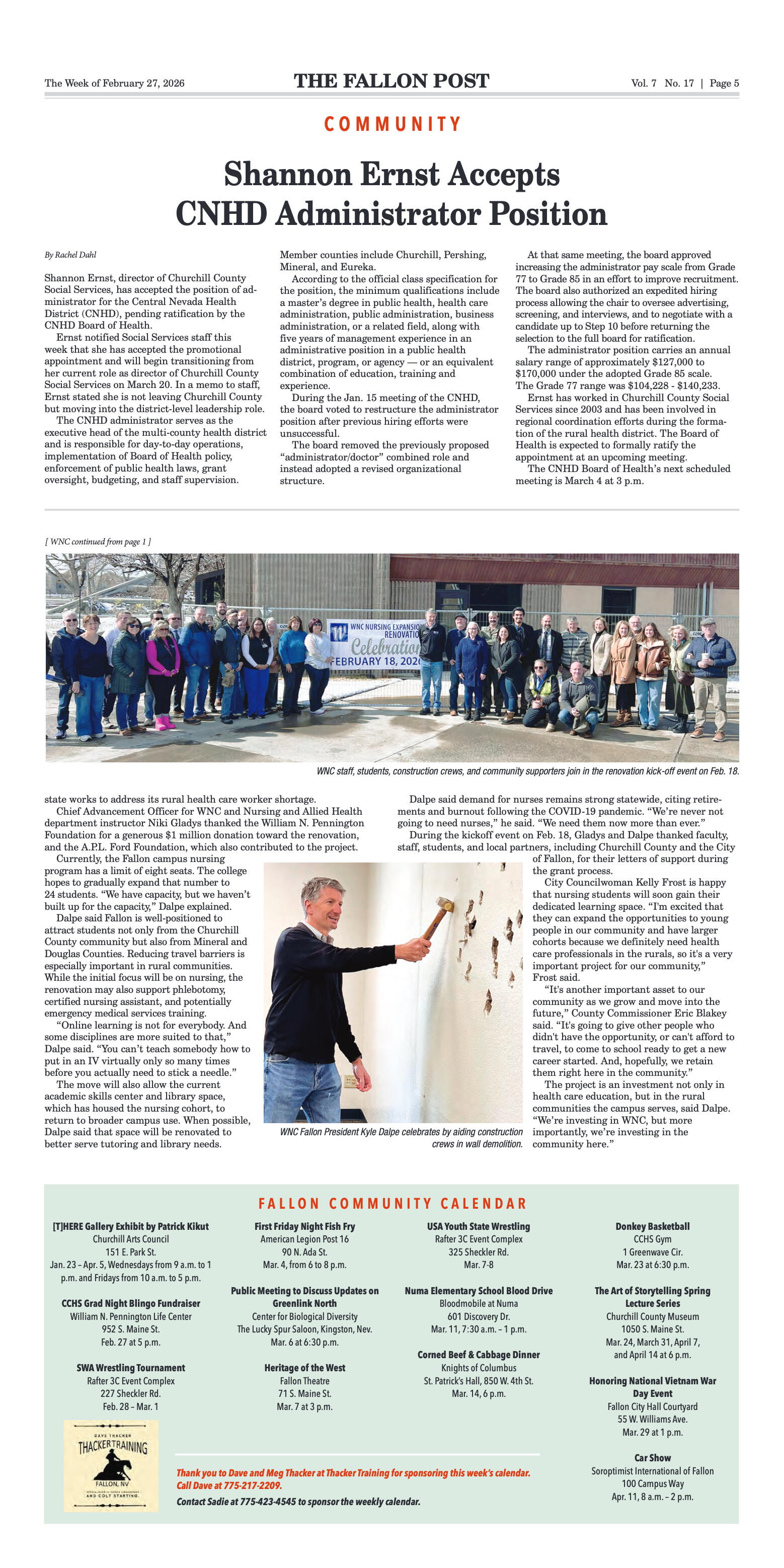
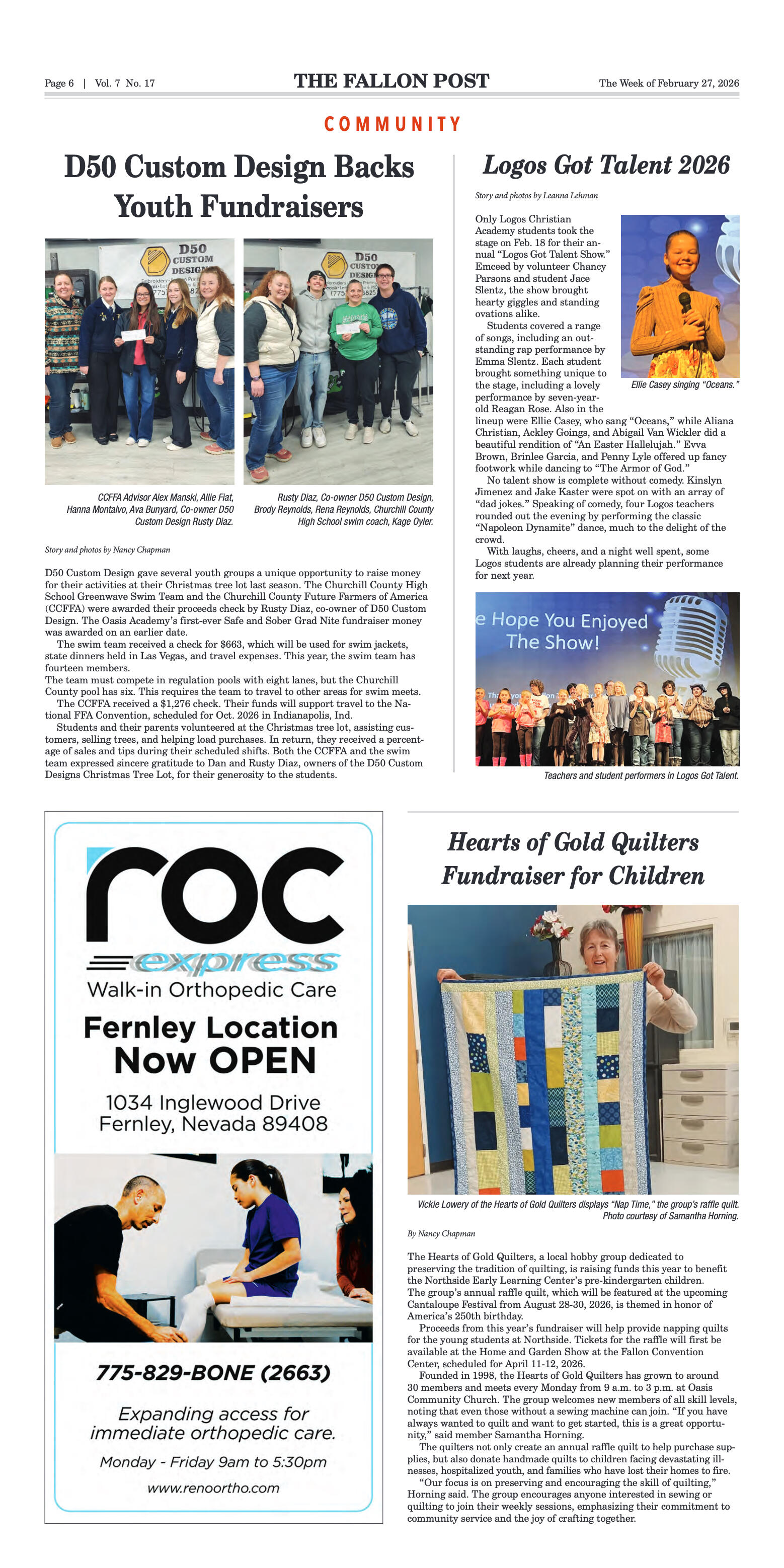
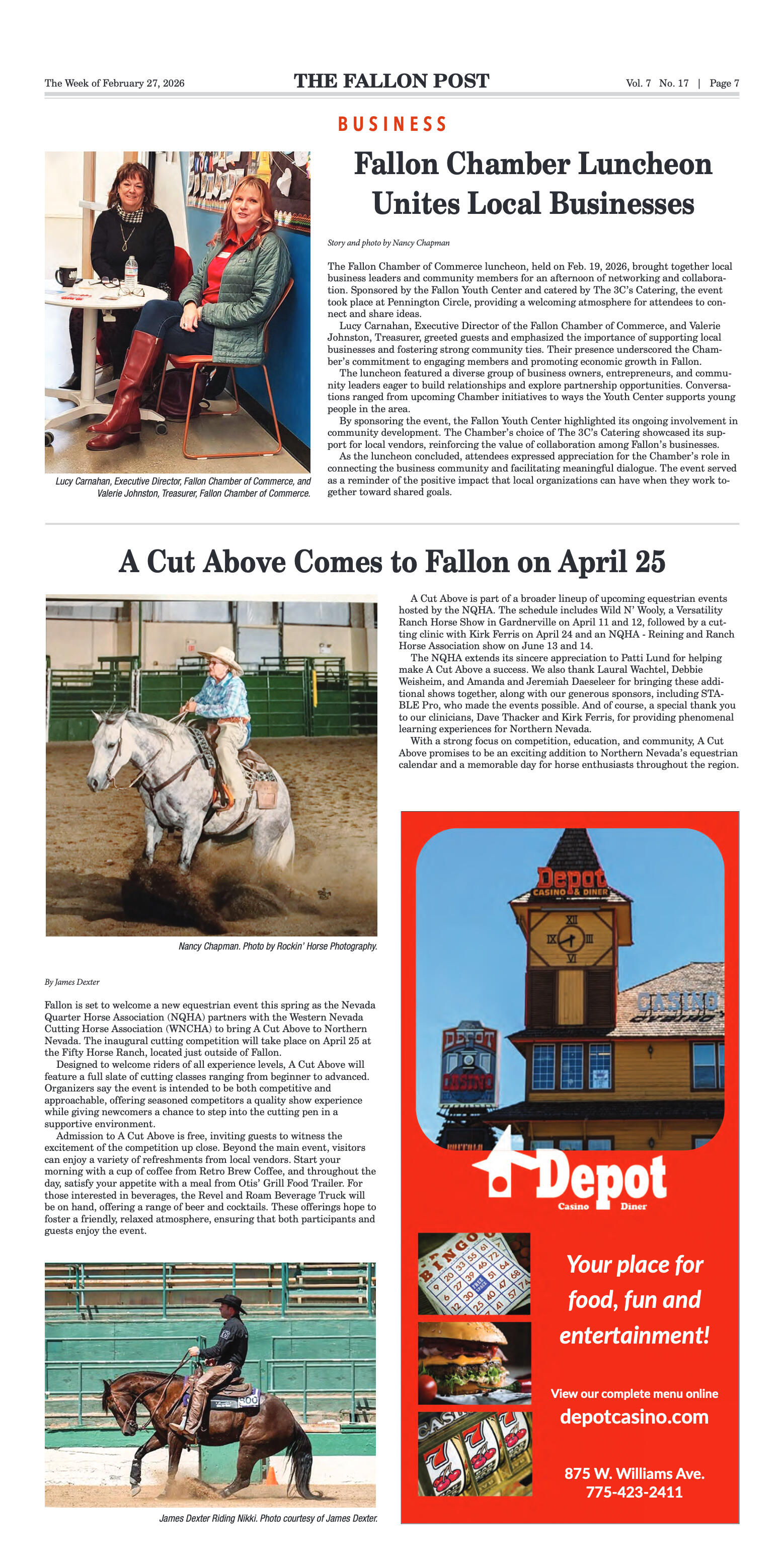
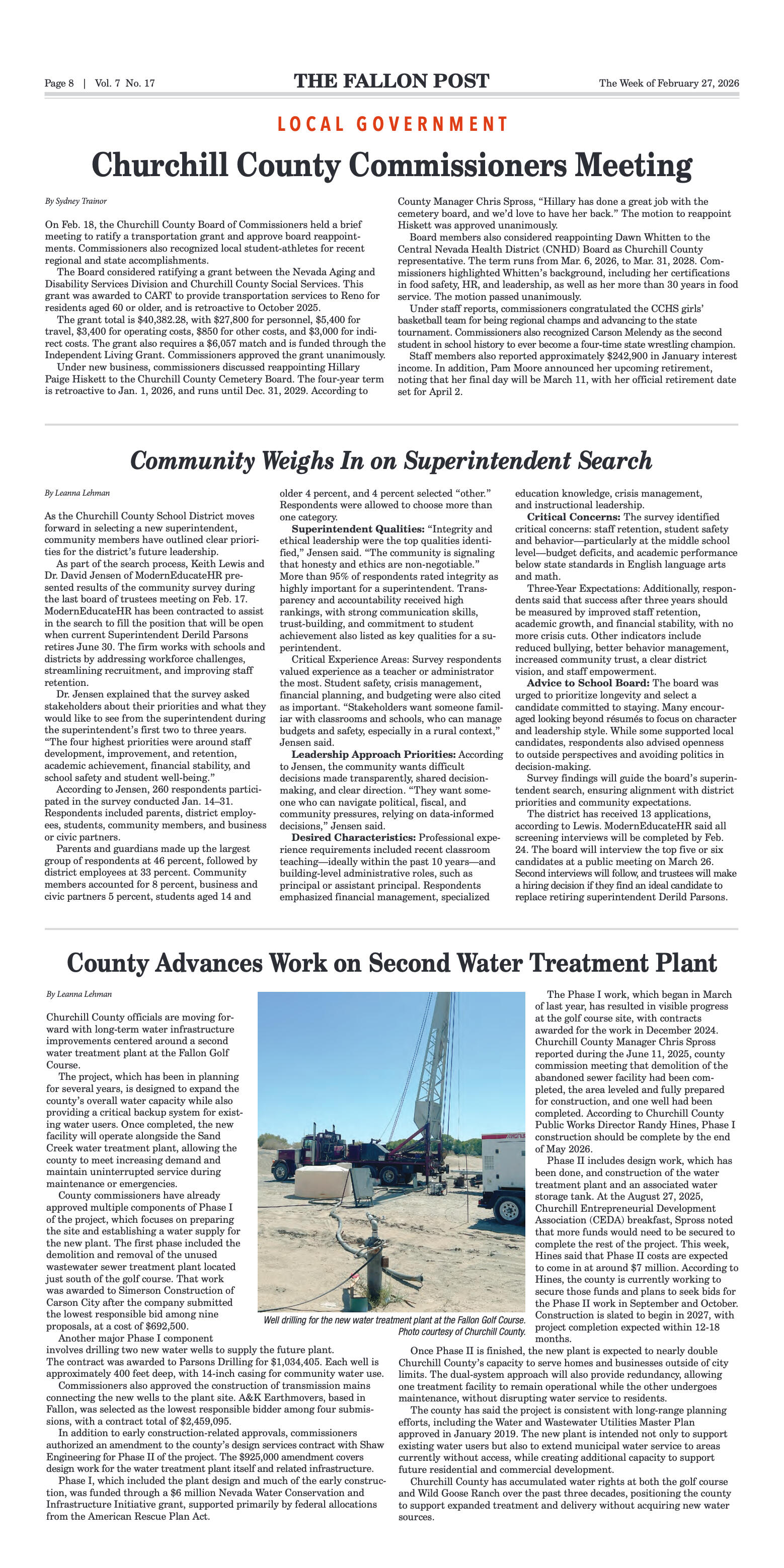
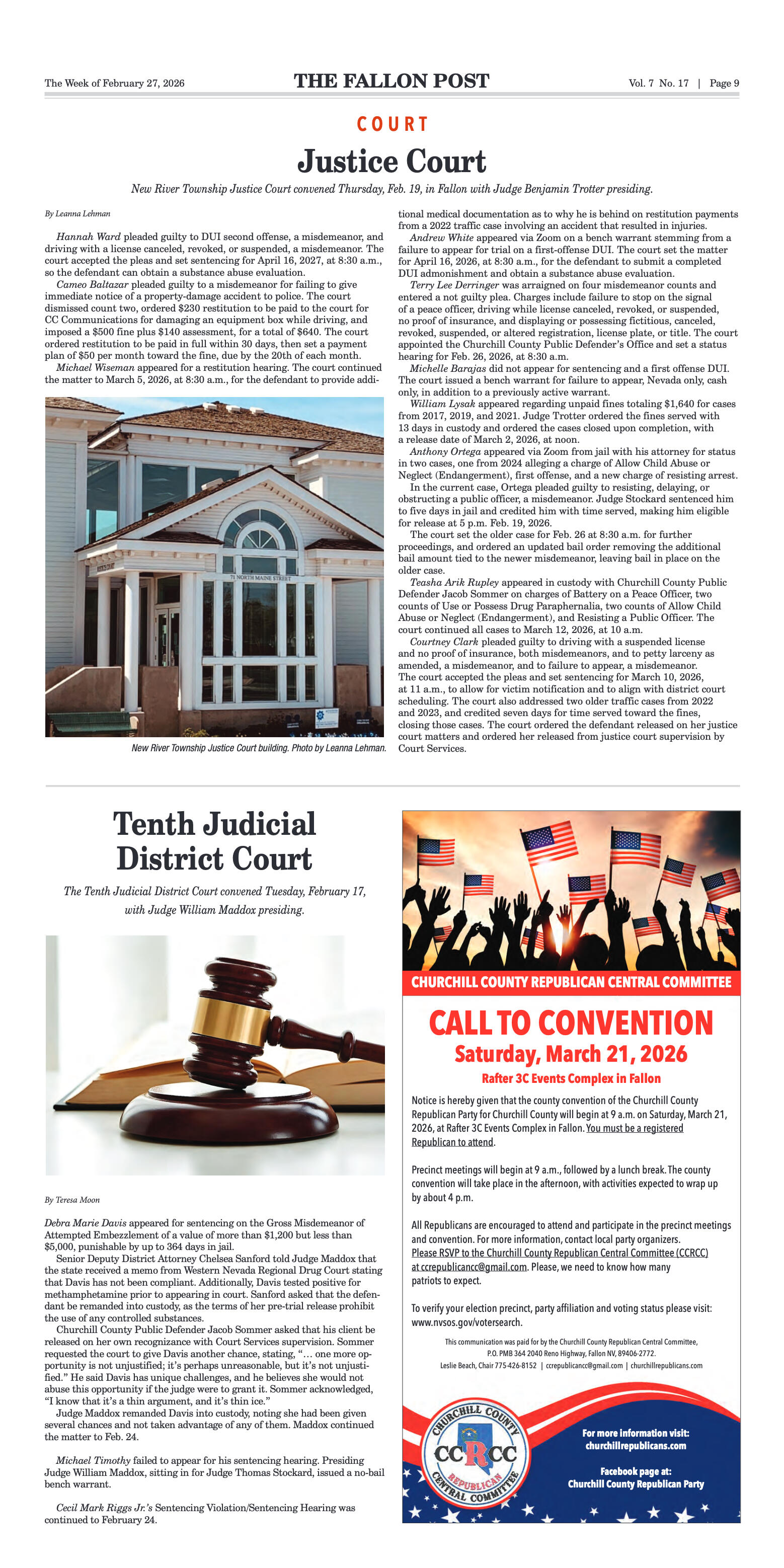
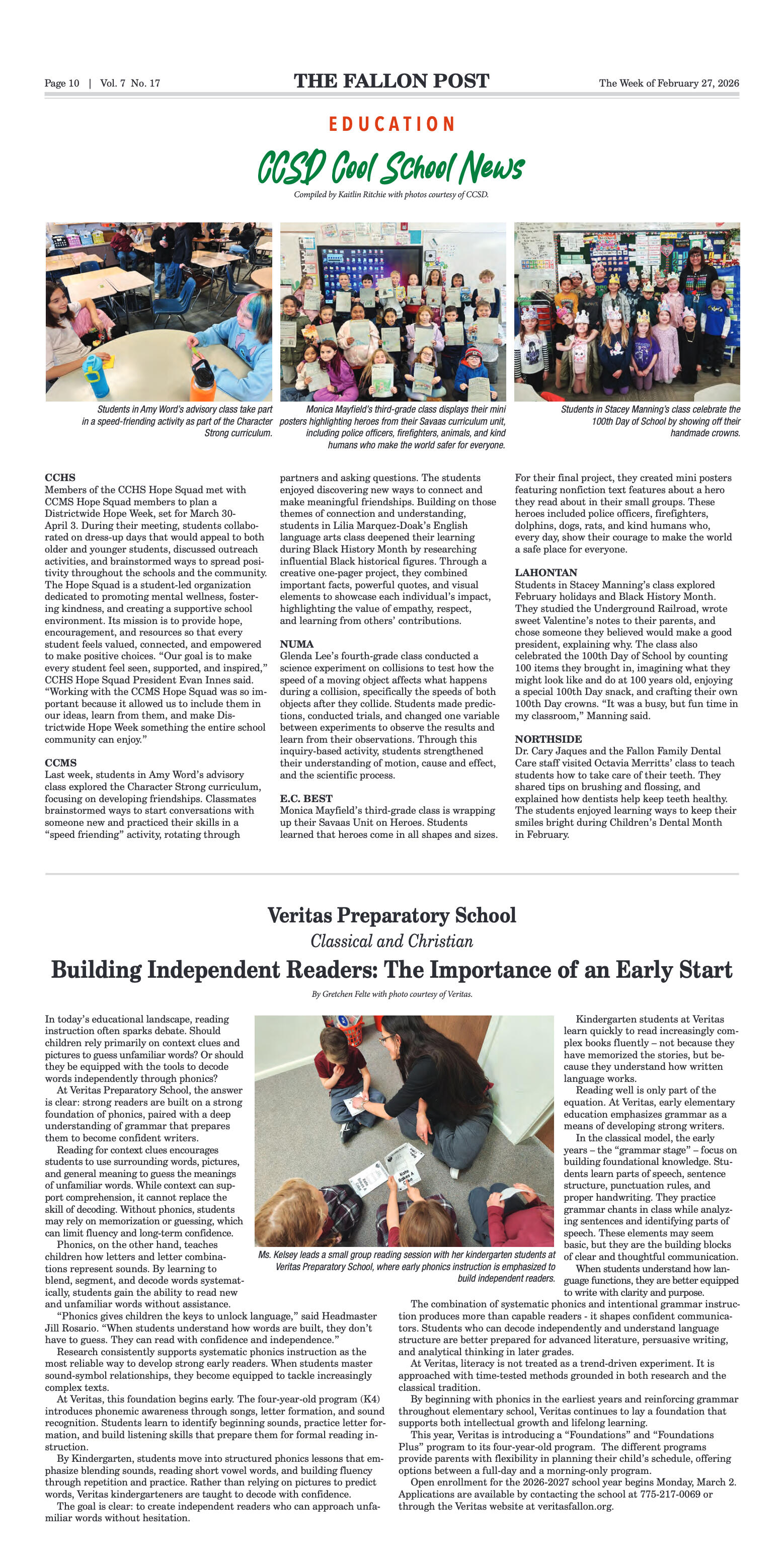
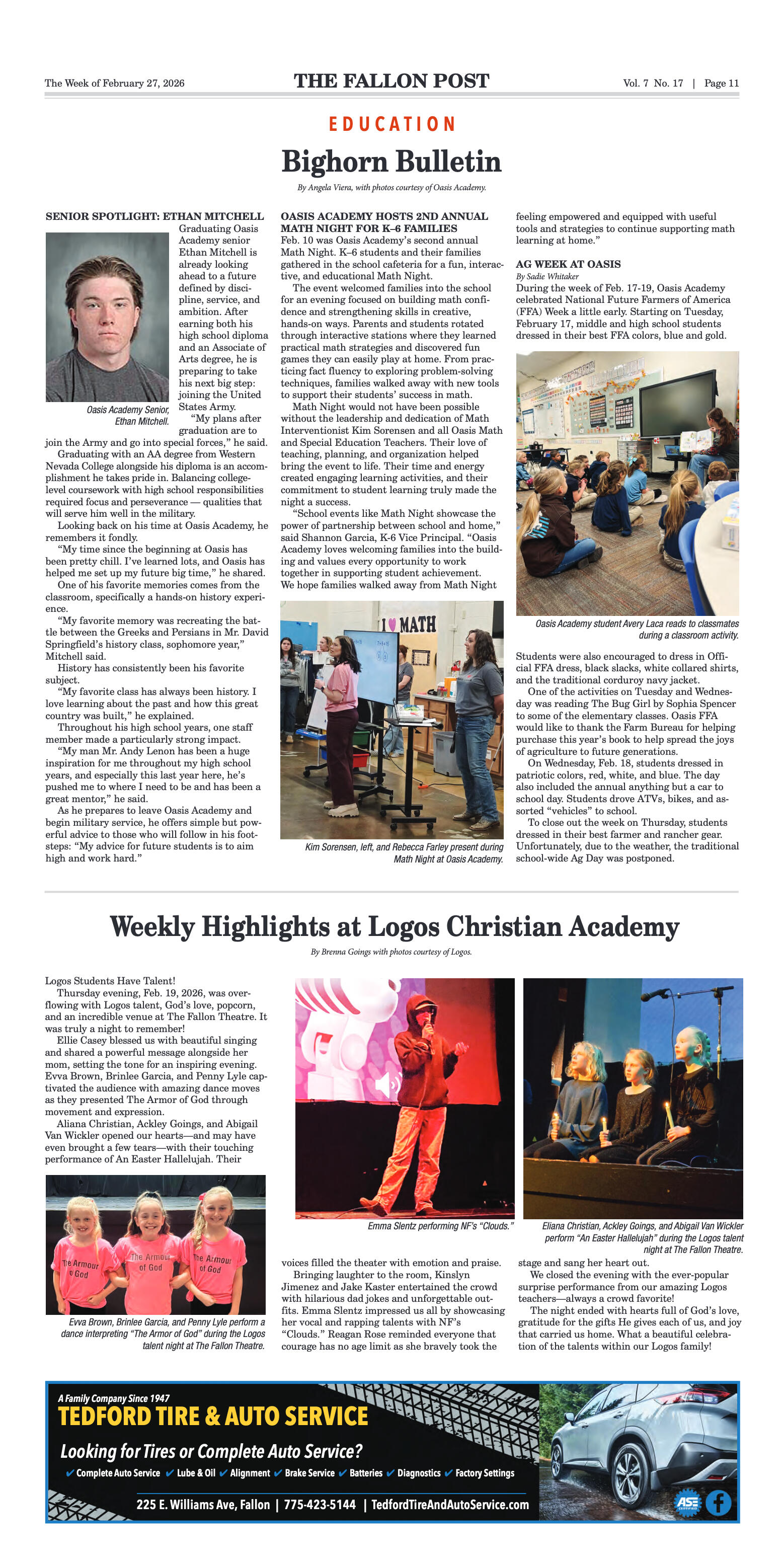
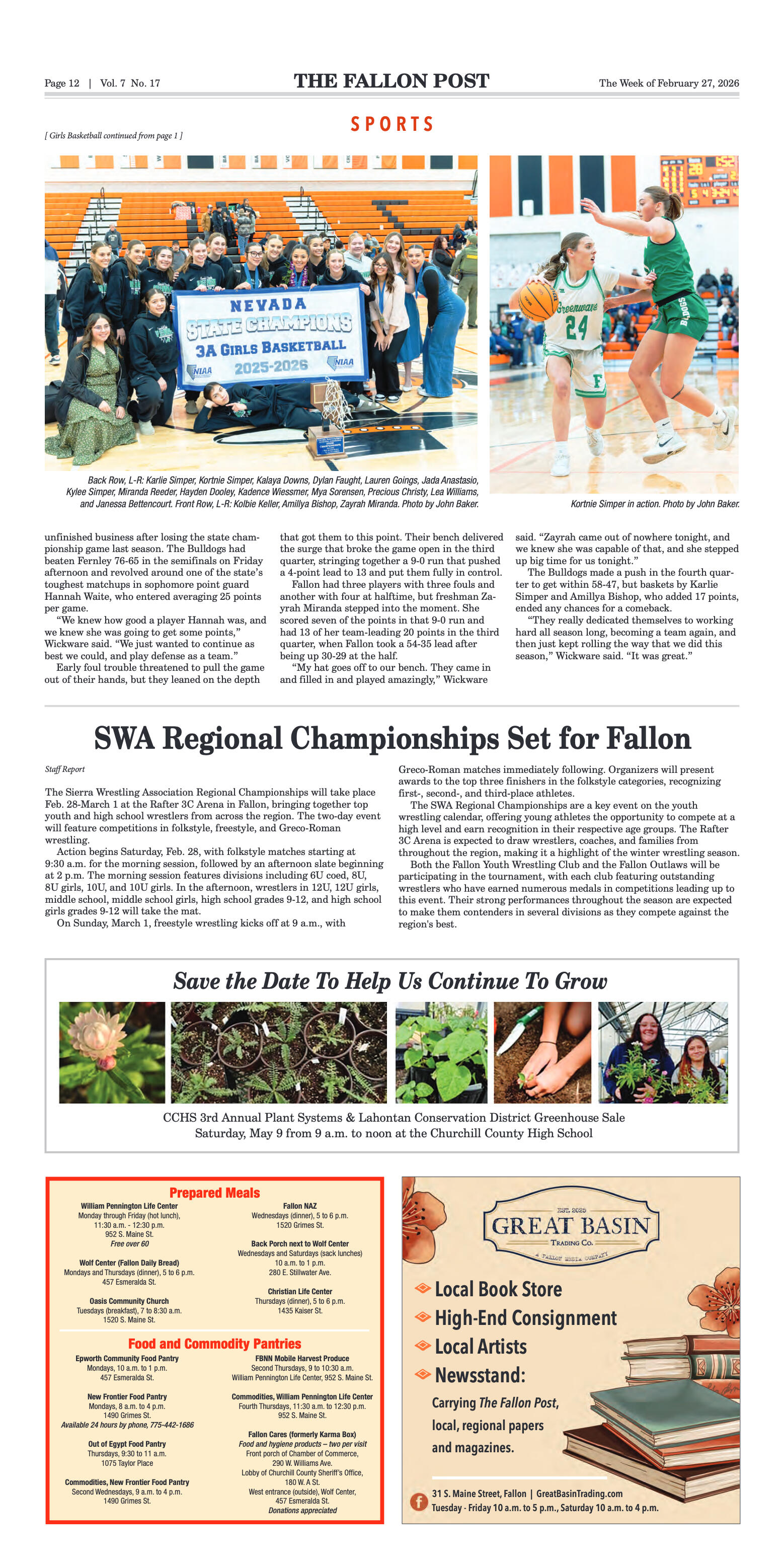
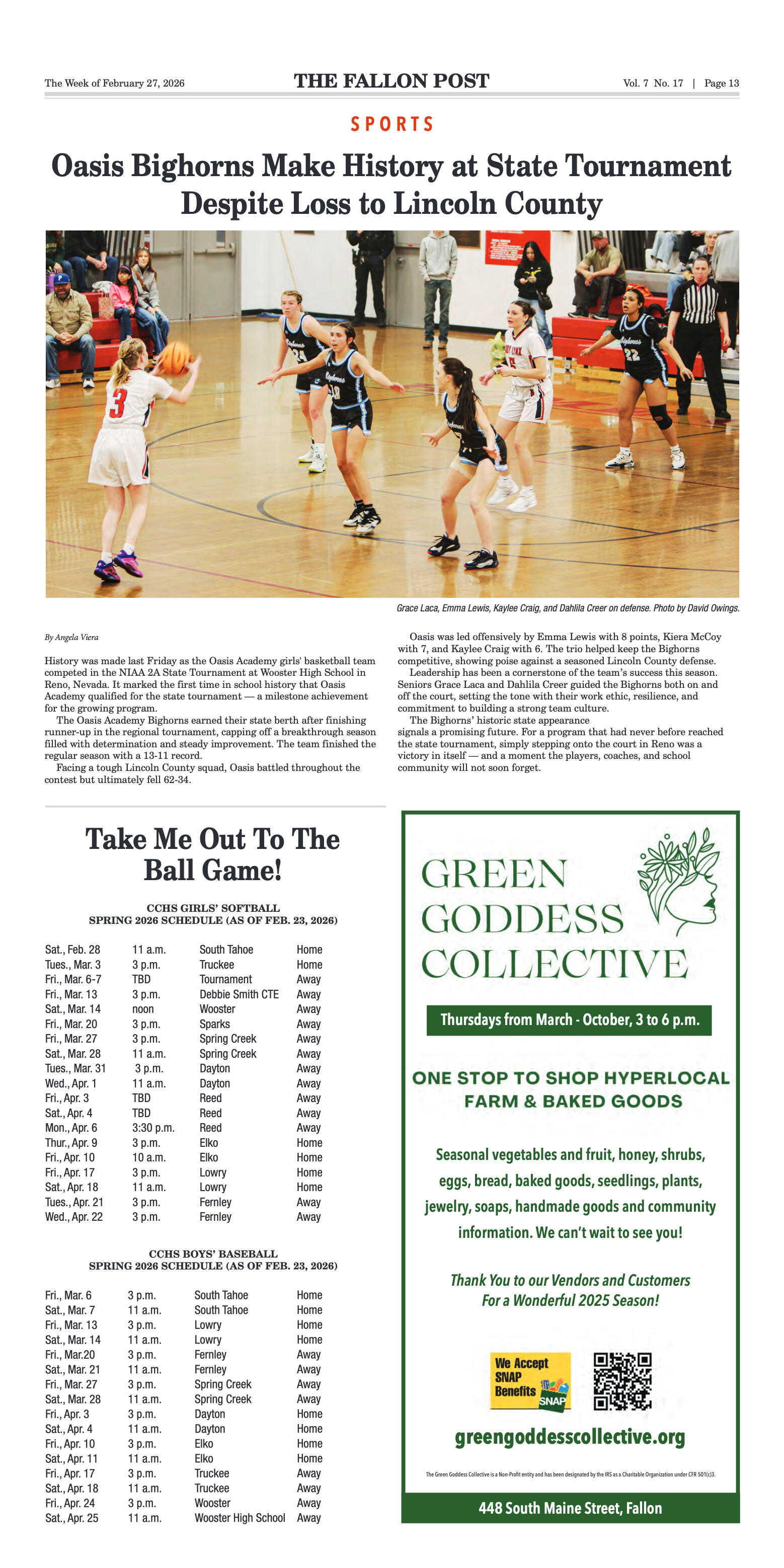
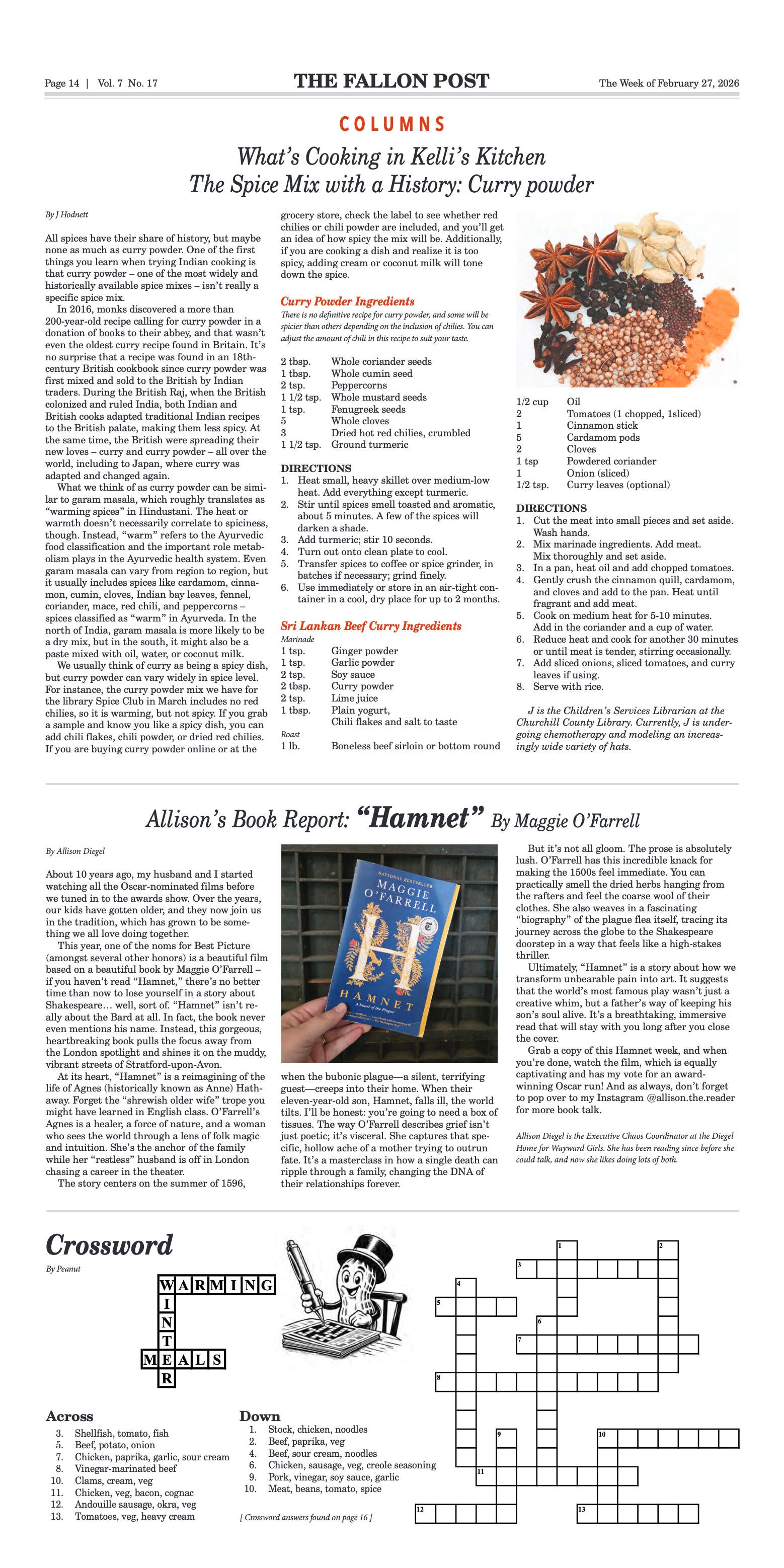
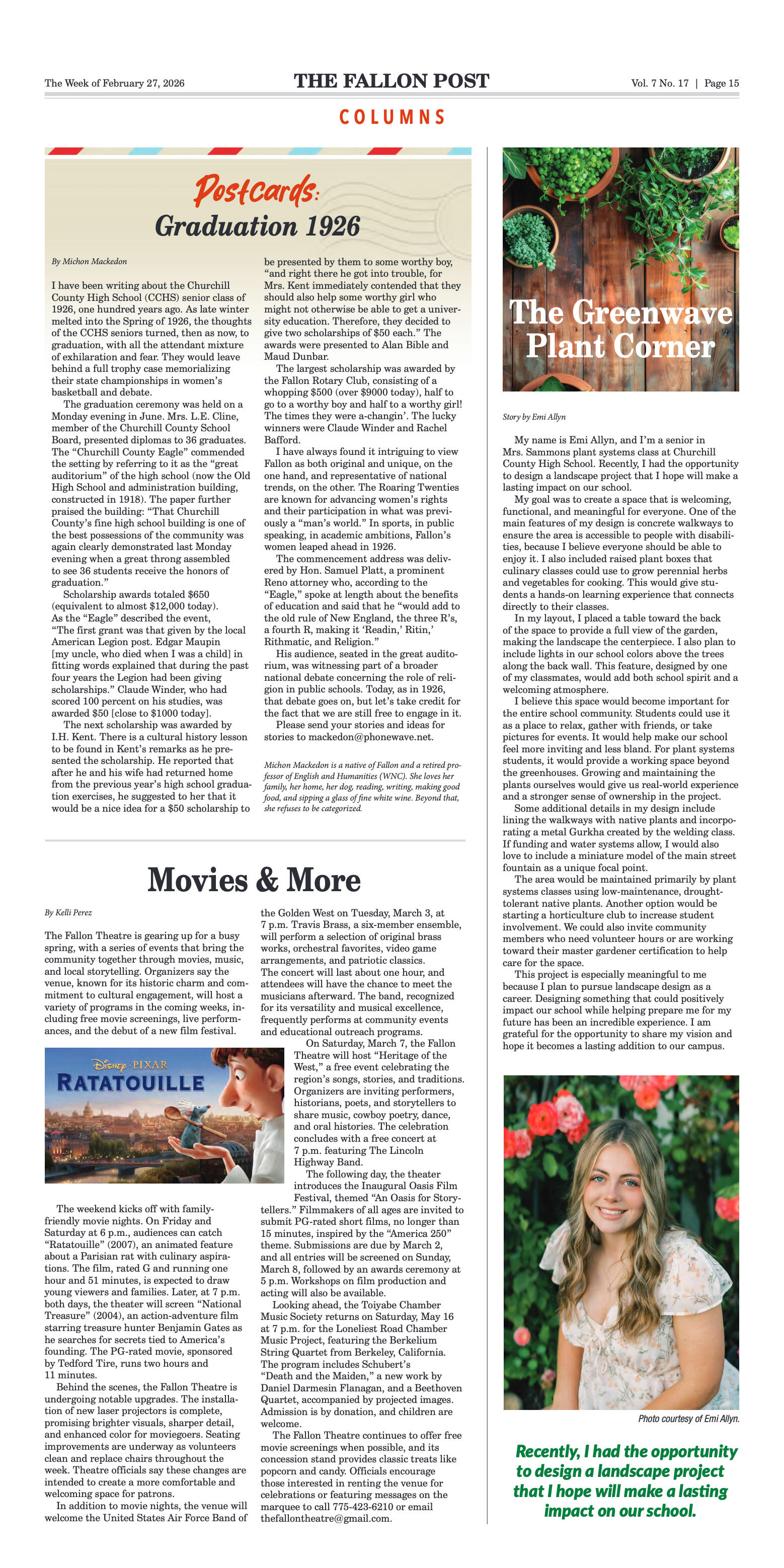
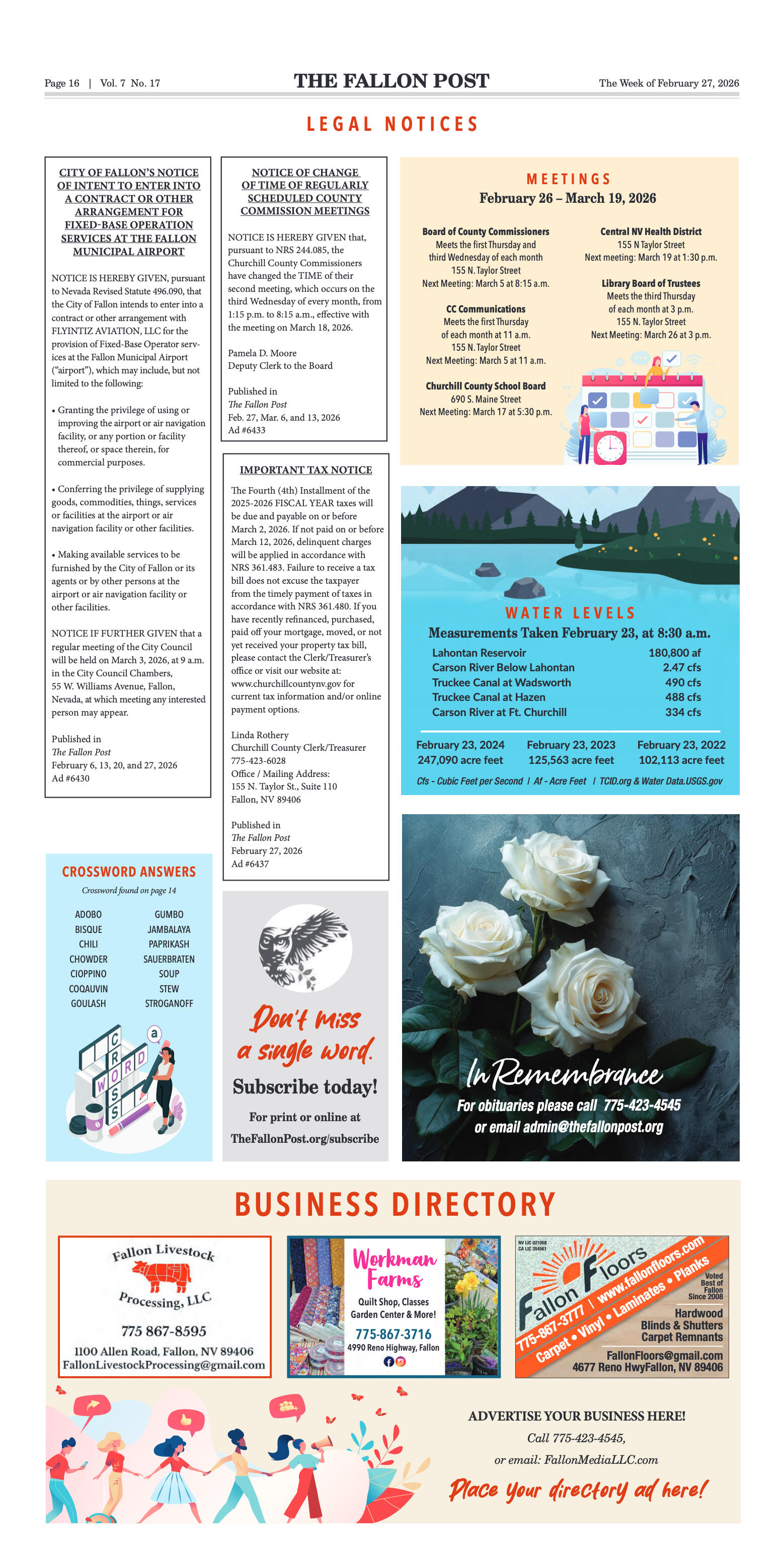


























Comment
Comments